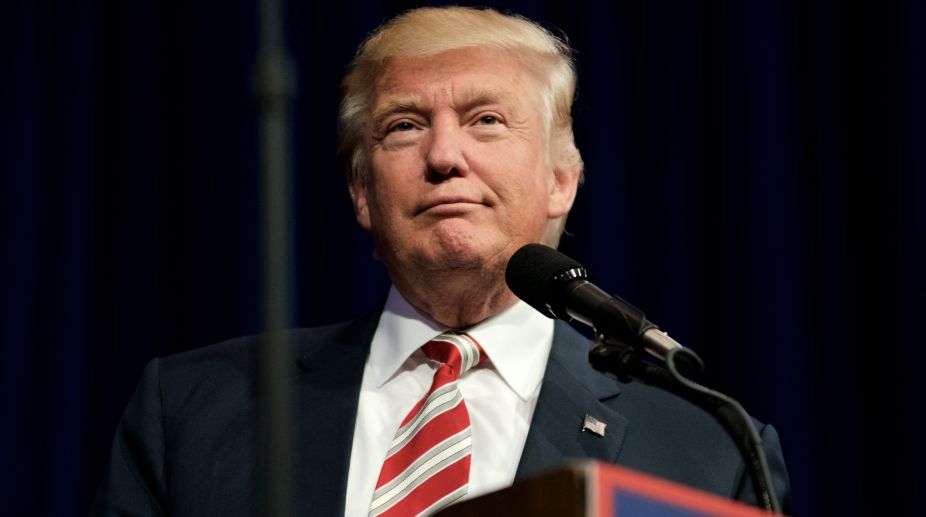The storm clouds are gathering over the choppy South China Sea with the possibility of a bitter rupture between China and the US. It is almost a readymade crisis for Donald Trump exactly a week before his inaugural as the US President.
To be sure, he had vitiated the atmosphere with his tweets criticising Beijing, most particularly after the telephone conversation with the Taiwan President. There has now been a further souring of relations with last week's bluster of the new Secretary of State, Rex Tillerson, who said China should be barred from artificial islands it has built in the South China Sea.
He has gone to the extent of suggesting that Beijing's control and construction of these islands, that are claimed by neighbouring countries, was “akin to Russia’s taking of Crimea”. In effect, he has drawn a parallel between Xi Jinping's oceanic geo-strategy and Vladimir Putin's expansionist designs vis-a-vis the former Soviet satellites. Altogether, this lends a new dimension to the seemingly intractable maritime discord; it often happens that the “artificial” can be potentially more damaging than the natural.
While the world awaits the final word in terms of international law, Tillerson has taken up the gauntlet at his confirmation hearing with the robust assertion that “they are taking territory or control or declaring control of territories that are not rightfully China’s”. In point of fact, Beijing has claimed sovereignty over almost the entire South China Sea, building seven artificial islands on reefs and rocks and fitting them with military-length airstrips and anti-aircraft guns.
Tillerson's statements are bound to widen the rift further still, not least because China has adopted an extremely rigid stance on challenges to its sovereignty claims. Last year, an international tribunal ruled that much of China’s territorial claims were invalid, but the government in Beijing ignored the verdict.
Given his firm grip over the government, the party and the army, Xi's defence mechanism is exceptional by any reckoning; he is not the kind of leader who will play on the back foot in the face of external challenges, most importantly pressure from the US. An early resolution of the crisis brewing in the South China Sea is therefore unlikely.
Markedly, China has been less than belligerent in its initial response to Tillerson's statement. The foreign ministry in Beijing has underlined the certitudes of responsible diplomacy, calling for “mutual respect and cooperation with the US”.
The equation between the two Big Powers is based on “non-confrontation, non-conflict, mutual benefit and win-win cooperation”. Far from a possible thaw, relations are ever so frigid. Over time, China has reinforced its control over the sea and it may not be possible to change the facts on the ground without a military confrontation. At the threshold, President Trump will have to contend with the turbulence of the sea waves.











